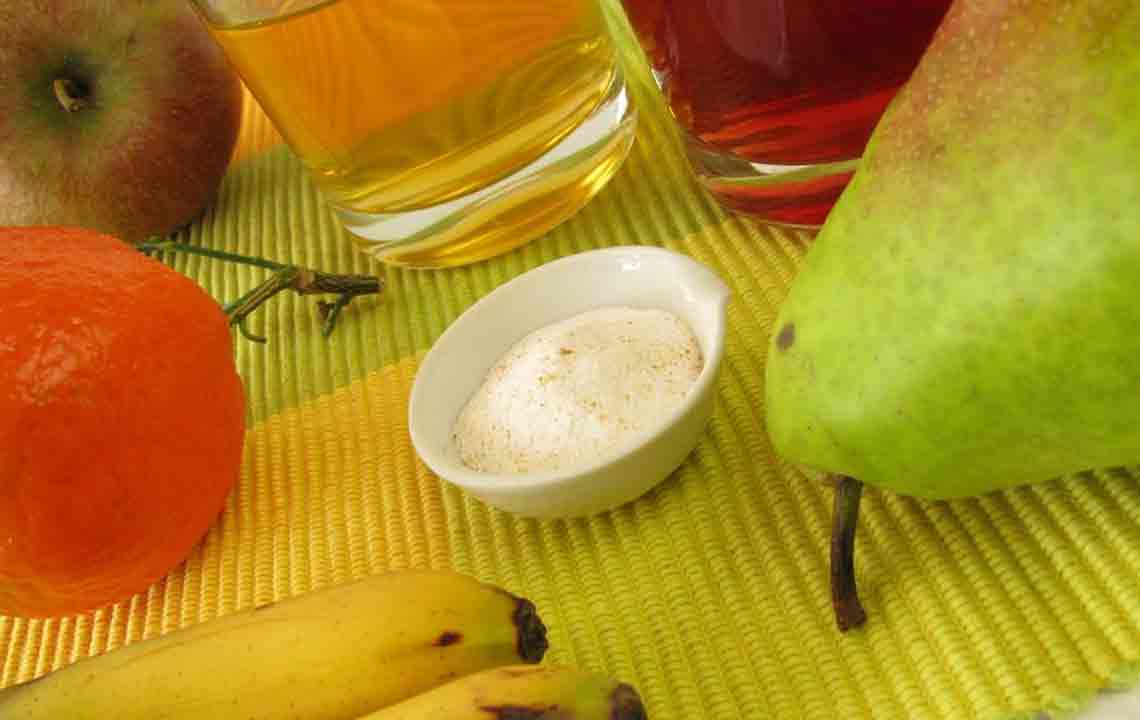Discover the Top 6 Health Benefits of Adding Probiotics to Your Diet
Discover the comprehensive health benefits of adding probiotics to your diet. From improving digestion and supporting immune health to enhancing mental well-being and reducing heart risks, probiotics are a powerful addition to a healthy lifestyle. Learn how fermented foods and supplements can help you maintain a balanced microbiome and promote overall wellness. Implementing probiotics can aid in managing gastrointestinal issues, boosting immunity, and supporting mental health, making them essential for a holistic approach to health.

Discover the Top 6 Health Benefits of Adding Probiotics to Your Diet
Probiotics, often referred to as "beneficial bacteria," have gained widespread recognition for their remarkable health benefits. These live microorganisms naturally inhabit our bodies, especially within our digestive systems, but they can also be introduced through specific foods and dietary supplements. Fermented foods such as yogurt, kefir, sauerkraut, kimchi, and probiotic supplements are excellent sources of these beneficial microbes. Maintaining a balanced level of these bacteria is crucial for supporting overall health and well-being. They play a vital role in digestion, immune function, and even mental health.
Integrating probiotics into your daily diet can lead to numerous health improvements, including better digestion, weight regulation, enhanced immunity, and mental health support. Here we explore the top six benefits of incorporating probiotics into your routine:
1. Improved Digestive Health
Probiotics support the growth and activity of beneficial bacteria within your gastrointestinal tract. This positive balance prevents harmful bacteria from dominating, thereby promoting a healthier gut environment. Maintaining this microbial harmony aids in digestion, reduces bloating, and helps recover from gastrointestinal illnesses or disruptions caused by medications such as antibiotics. Regular consumption of probiotic-rich foods or supplements helps sustain gut health and enhances nutrient absorption.
2. Support for Weight Management and Metabolic Health
Emerging research indicates that probiotics may aid in managing weight and metabolic conditions. Certain strains influence appetite regulation and energy metabolism, potentially assisting individuals in maintaining a healthy weight. Additionally, probiotics may reduce the risk of obesity-related complications by improving gut flora balance, which affects fat storage and insulin sensitivity. While more studies are ongoing, including probiotic foods as part of a balanced diet can be a beneficial strategy for overall metabolic health.
3. Strengthening Immune System
Probiotics play a fundamental role in supporting immune function. They help stimulate the activity of immune cells like macrophages and T lymphocytes, which defend against pathogens. Beneficial microbes also produce antimicrobial substances, reducing harmful bacteria and viruses in the gut. Regular intake of probiotics can decrease the likelihood of common infections, including colds and respiratory illnesses, and may help manage autoimmune conditions by modulating immune responses.
4. Balancing Gut Microbiota to Alleviate Diarrhea
One of the most well-established benefits of probiotics is their ability to reduce the severity and duration of diarrhea, particularly antibiotic-associated diarrhea. Antibiotics can wipe out beneficial bacteria, leading to gut imbalance. Specific probiotic strains such as Lactobacillus rhamnosus and Lactobacillus casei help restore microbial harmony, promoting faster recovery. These microbes also assist in managing infections caused by pathogens like Clostridium difficile and rotavirus, making them a valuable addition to treatment strategies.
5. Enhancing Mental Wellbeing and Reducing Stress
Recent studies have revealed a fascinating connection between gut health and mental health, often referred to as the gut-brain axis. Beneficial bacteria like Bifidobacterium and Lactobacillus strains produce neurotransmitters such as serotonin and GABA, which influence mood and cognitive functions. Regular intake of probiotics has been linked to reduced anxiety, depression, and stress levels, along with improved memory and mental clarity. Incorporating probiotic foods into your diet can thus be a natural way to support mental health alongside physical wellbeing.
6. Promoting Cardiovascular Health
Probiotics contribute to heart health by helping lower cholesterol levels and maintaining healthy blood pressure. They work by breaking down bile acids, which reduces cholesterol absorption in the intestines, thus raising the level of "good" HDL cholesterol. In addition, certain strains help improve blood circulation and prevent atherosclerosis. By supporting healthy lipid profiles and vascular function, probiotics can be a vital component of a cardiovascular disease prevention strategy.
7. Alleviating Allergies and Skin Conditions
Probiotic supplementation has shown promise in reducing allergy symptoms and skin conditions like eczema. Especially in children, probiotics can help strengthen immune responses and decrease allergic reactions. For women, maintaining a balanced gut microbiome may lower the risk of developing allergies or eczema during pregnancy and postpartum. Probiotics boost immune regulation, which is essential in preventing hypersensitive immune responses that lead to allergic reactions.
8. Managing and Preventing Bowel Disorders
Probiotics are increasingly used in managing chronic bowel conditions such as Crohn’s disease, ulcerative colitis, and irritable bowel syndrome (IBS). Specific strains like Bifidobacterium and Lactobacillus have shown efficacy in reducing inflammation and restoring intestinal barriers. They also play a crucial role in preventing complications like necrotizing enterocolitis in preterm infants. Promoting a healthy gut microbiome through probiotics enhances immune defenses and reduces the overall risk of bowel disorders.
Consistently consuming fermented foods like yogurt, kefir, sauerkraut, kimchi, or probiotic supplements such as capsules, powders, and tablets can help you achieve these health benefits. However, it is advisable to seek personalized guidance from healthcare professionals to tailor probiotic intake to your specific health needs and conditions. Incorporating probiotics into a balanced diet, combined with a healthy lifestyle, can significantly improve overall health and well-being in many ways.





